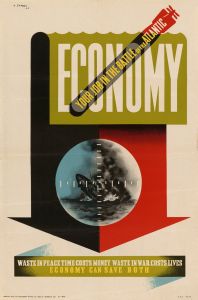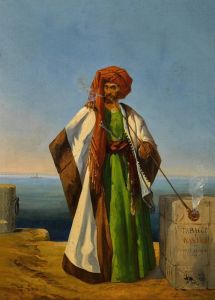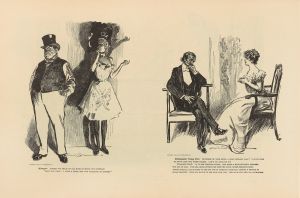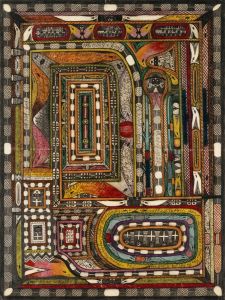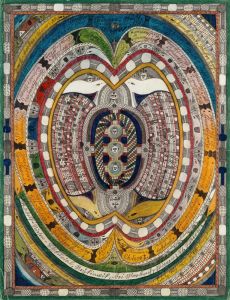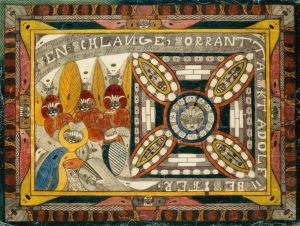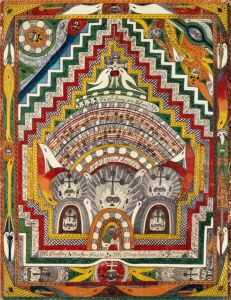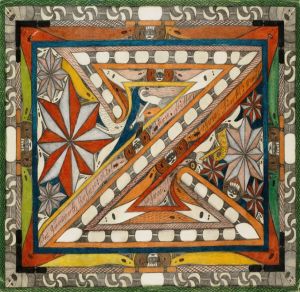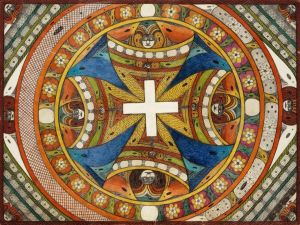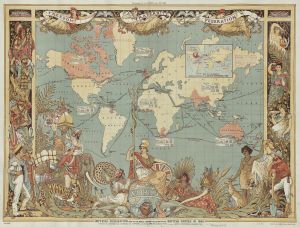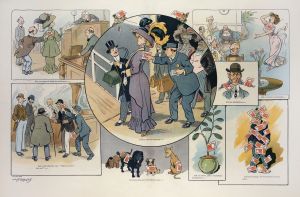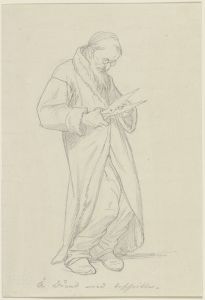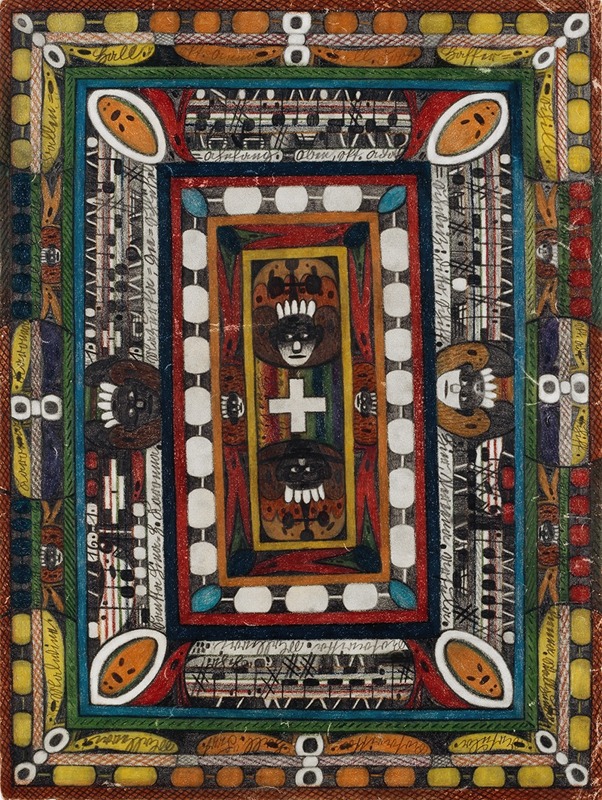
Die Geschäfts=Verkehr, Handels und Industriereiche Insel, Korfu, im baltischen Meer
A hand-painted replica of Adolf Wölfli’s masterpiece Die Geschäfts=Verkehr, Handels und Industriereiche Insel, Korfu, im baltischen Meer, meticulously crafted by professional artists to capture the true essence of the original. Each piece is created with museum-quality canvas and rare mineral pigments, carefully painted by experienced artists with delicate brushstrokes and rich, layered colors to perfectly recreate the texture of the original artwork. Unlike machine-printed reproductions, this hand-painted version brings the painting to life, infused with the artist’s emotions and skill in every stroke. Whether for personal collection or home decoration, it instantly elevates the artistic atmosphere of any space.
Adolf Wölfli (1864–1930) was a Swiss artist known for his intricate and imaginative works, often created during his time at the Waldau Clinic, a psychiatric hospital in Bern, Switzerland. Wölfli's art is a significant example of outsider art, a term used to describe works created outside the boundaries of official culture, often by self-taught individuals or those with mental health conditions.
One of Wölfli's notable works is "Die Geschäfts=Verkehr, Handels und Industriereiche Insel, Korfu, im baltischen Meer." This piece is part of his larger body of work, which often includes complex narratives and fantastical elements. Wölfli's art is characterized by its dense compositions, filled with intricate patterns, vivid colors, and a mixture of text and imagery. His works frequently incorporate musical notation, numbers, and invented languages, reflecting his unique worldview and inner experiences.
Wölfli's artistic journey began after he was institutionalized at the Waldau Clinic in 1895, following a troubled life marked by poverty and mental illness. It was there that he started to draw, initially as a therapeutic activity. Over time, he developed a distinctive style that combined elements of his personal history with fantastical stories. His works often depict imaginary journeys and elaborate tales, with Wölfli himself frequently appearing as a central character or hero.
"Die Geschäfts=Verkehr, Handels und Industriereiche Insel, Korfu, im baltischen Meer" translates to "The Business Traffic, Trade and Industrial Rich Island, Corfu, in the Baltic Sea." This title reflects Wölfli's tendency to blend real and imaginary geography, creating a world that is both familiar and fantastical. While Corfu is a real island in the Ionian Sea, Wölfli's depiction places it in the Baltic Sea, showcasing his imaginative reinterpretation of geography.
Wölfli's work was largely unknown during his lifetime, but it gained recognition posthumously, particularly through the efforts of Dr. Walter Morgenthaler, a psychiatrist at the Waldau Clinic. Morgenthaler published a monograph on Wölfli in 1921, titled "Ein Geisteskranker als Künstler" ("A Psychiatric Patient as Artist"), which helped bring attention to Wölfli's art and the broader field of outsider art.
Today, Wölfli's works are celebrated for their originality and complexity. They are housed in various collections, with a significant number of pieces held by the Adolf Wölfli Foundation at the Museum of Fine Arts in Bern. His art continues to inspire and intrigue audiences, offering a window into the mind of a unique and visionary artist.
Wölfli's legacy is significant in the context of outsider art, as his works challenge traditional notions of art and creativity. They invite viewers to explore the boundaries between reality and imagination, and to appreciate the diverse ways in which individuals express their inner worlds.





